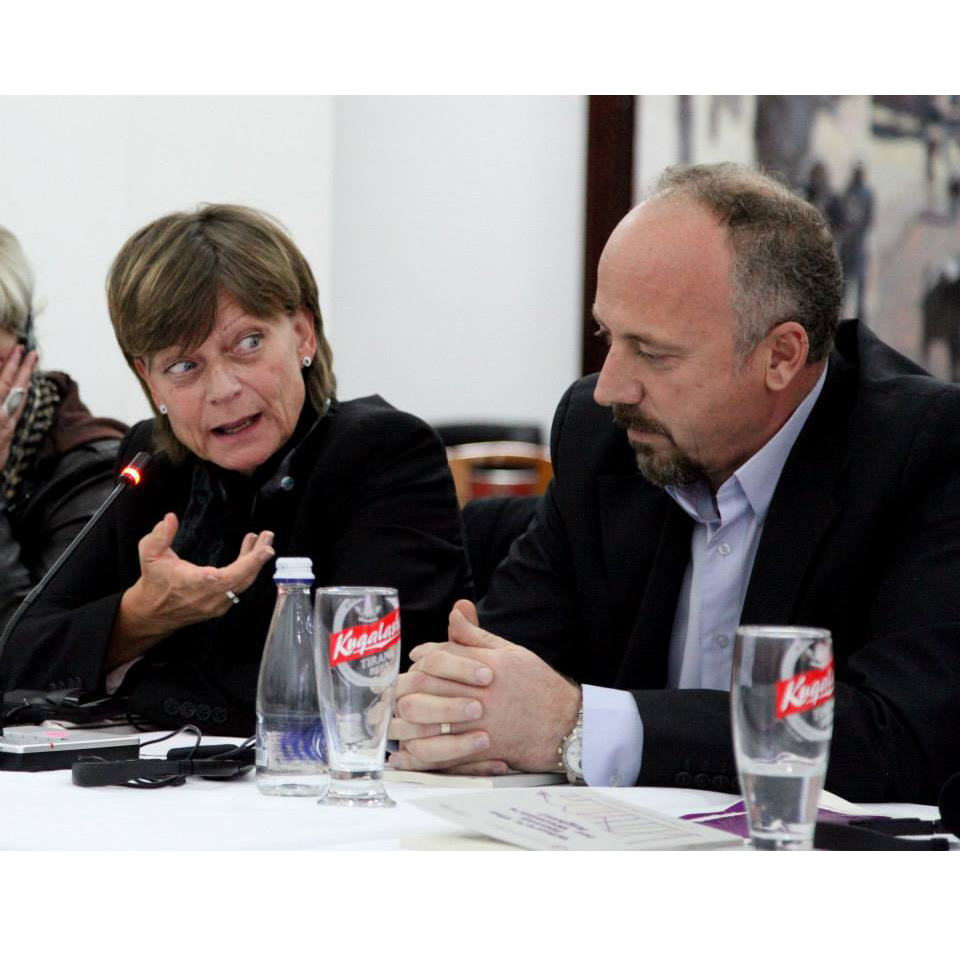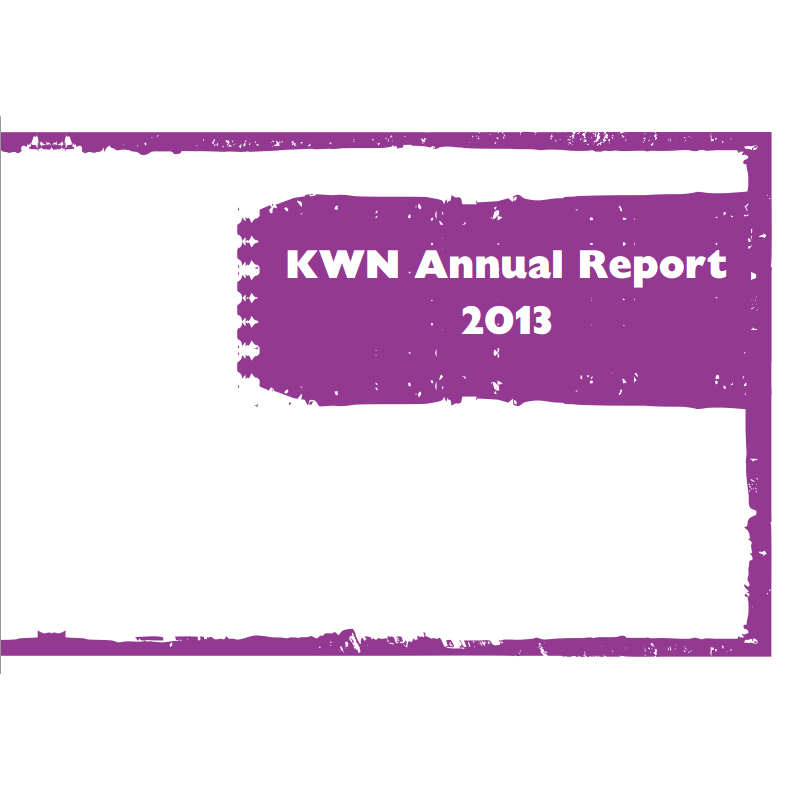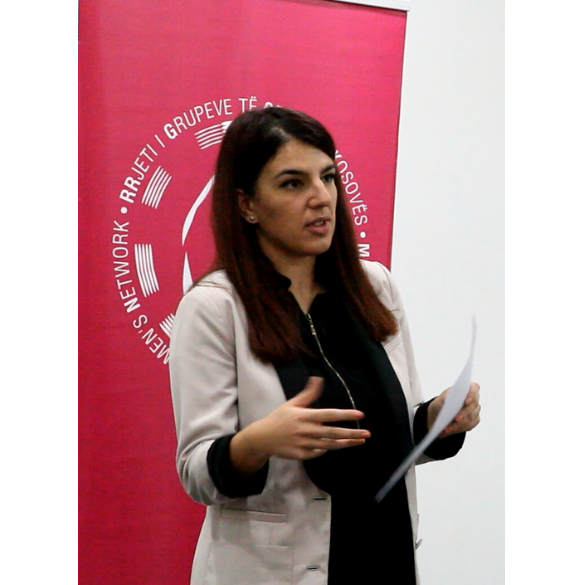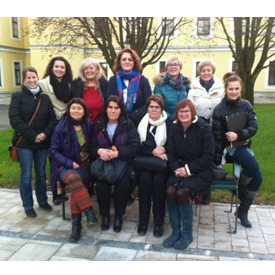The Kosova Women’s Network (KWN) and Alter Habitus – Institute for Studies in Society and Culture launched the report Where’s the Money for Women’s Rights? A Kosovo Case Study. This event brought together more than 40 participants (donors, non-governmental women’s organizations and other civil society representatives) to discuss the findings and recommendations of the nine-month study.
In her presentation, KWN’s Nicole Farnsworth said, “organizations for women’s rights play an important role in supporting and developing democratic institutions, promoting women’s rights as human rights, shifting gender norms, raising public awareness, providing services to marginalized groups (especially when they lack support from the state), and seeking accountability from the government through advocacy.”
The research examines the importance of supporting women’s organizations in relation to social change processes; funding trends between 2000 and 2013; decisions to fund women’s organizations (or not); the sustainability of women’s organizations; and opportunities for collaboration among women’s organizations and donors in creating collective resource mobilization strategies and funding mechanisms for women’s rights organizations. The report makes recommendations for all stakeholders: government, women’s organizations and donors regarding the best ways for improving women’s rights organizations’ access to resources towards promoting gender equality.
Participants unanimously agreed that better coordination among donors, women’s organizations and the government would help advance women’s rights. Moreover, the KWN Kosova Women’s Fund, which combines small grants, intensive training and mentoring for organizations, was seen as a potential solution for donors who want to support small organizations. While small organizations may not have the capacity to compete with larger organizations, they carry out very important work with rural and marginalized groups.
Also, women’s rights organizations requested long-term contracts with donors, which would enable organizations to implement strategies towards their long-term visions. For them, long-term support clearly impacts on strengthening the women’s movement in Kosovo and advances social change.
This research, supported by the Association of Women in Development (AWID) and Kvinna till Kvinna, was conducted between January and September 2013. The report draws from 40 interviews with donors who have worked in Kosovo and a survey of 90 diverse women’s organizations.
For more information about the report and findings, please visit the KWN website:http://www.womensnetwork.org/documents/20131120160749318.pdf.






